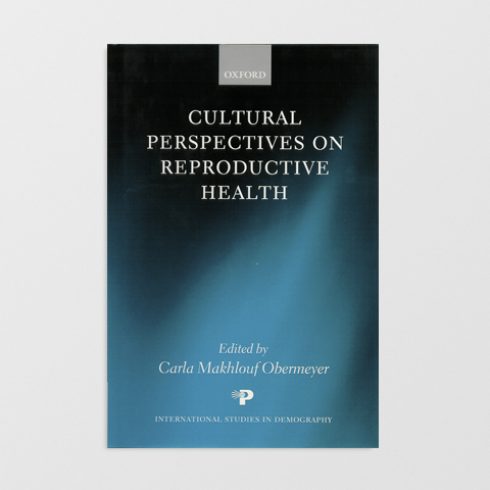Risk, Vulnerability, and Harm Reduction
Preventing STIs in Southeast Asia by Antibiotic Prophylaxis, a Misguided Practice
Mark Nichter
In Carla Makhlouf Obermeyer (Ed.), Cultural Perspectives on Reproductive Health. Oxford: Oxford University Press 2001

Based on long-term ethnographic research, Nichter explores how and why the use of antibiotics as prophylaxis has emerged as the main way that sex workers and their clients believe they can protect themselves from Sexually Transmitted Infections (STIs). Nichter’s research provides some excellent insights into the often noted disjuncture between behaviour and knowledge, arguing that while sex workers and their clients are indeed knowledgeable about STIs, they still make decisions that most public health practitioners would deem forms of ‘risky behaviour’.
In order to understand this, Nichter asks us to pay more attention to “popular interpretations of risk messages, personal perceptions of vulnerability, and practices adopted to reduce risk or decrease harm from STIs which lie outside the purview of public health guidelines (and wisdom)” (102). While public health practitioners often assume that more knowledge about risk will prevent risk, Nichter details how risk is deeply subjective and always understood in context, and therefore it is never just about ‘more’ knowledge, but knowledge that matters to people in their everyday lives. In this way, if we take a universal ‘rational-man’ approach to public health messaging, we miss the ways people situate and make sense of risk and risky behaviours in relation to their own personal circumstances, social and political relations, and notion of self-identity.
View Publication > Share
Share






Commentary
The latest commentary on the use of antimicrobials in society.
Sustainable aquaculture in Bangladesh
Rather than asking how antibiotics enable livelihoods in situations of increasing precarity, our research asks whether it is possible to...
Submissions to the AMIS Hub
Are you a social scientist who is working in antimicrobial resistance (AMR)?
Welcome to the AMIS Hub!
The story of ‘How do we get patients to stop demanding antibiotics?' to where we are now.